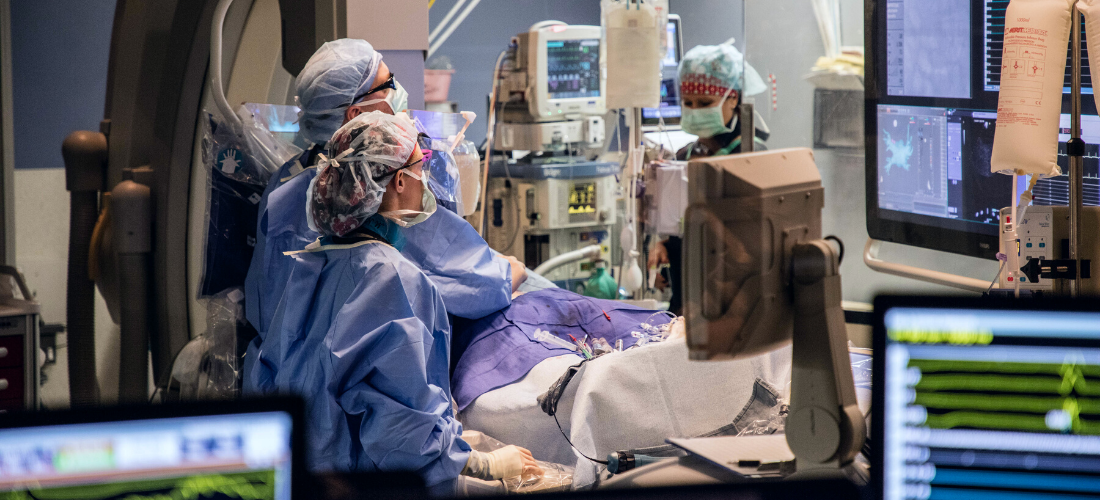Did you know smoking the morning of your surgery or procedure increases your risk for complications.
Some of the risks associated with smoking cigarettes before surgery include:
- Cardiac (heart) and pulmonary (lung) complications
- Bleeding
- Need for a repeat operation
- Wound infection
Did You Know if you vape, the variety of preservatives, solubilizing agents, and flavors in vaping can cause harmful chemicals to be inhaled into your lungs!
Vaping increases your risk for:
- Pulmonary complications. This includes a severe lung injury called EVALI.
- Cardiovascular (heart and blood vessel) complications such as high blood pressure and heart rate and narrowing of blood vessels.
What can You Do as You Prepare for Surgery?
- Quit or stop smoking for as long as possible before your surgery.
- If you cannot quit, you should not smoke for 12 hours before the day of your surgery.
- DO NOT smoke the day of your procedure.
Now is a great time to think about your health. Here are some resources to help!
Smoking Cessation Resources
- Smoke Free Government Webste: smmokefree.gov
- American Lung Association: lungusa.org
Group Counseling
- Clearing the Air: 215.710.2264
- Quit Now: 1.800.QUIT.NOW
- Determined to Quit: determinedtoquit.com
Talk with your family doctor about choices to quit. Here are some over the counter options:
Nicotine Patch
If you smoke more than 10 cigarettes a day: 21/14/7 mg regimen
- Apply 21 mg patch once daily for 6 weeks, then
- 14 mg patch once daily for 2 weeks then
- 7 mg patch once daily for 2 weeks
If you smoke 10 or less cigarettes a day: 14/7 mg regimen
- Apply 14 mg patch once daily for 6 weeks then
- 7 mg patch once daily for 2 weeks
Gums and Lozenges
- If you smoke within 30 minutes of when you wake, a 4 mg dose is recommended.
- If you wait more than 30 minutes after you wake to smoke, a 2 mg dose is recommended.
Gums
- Weeks 1 to 6: chew 1 piece of gum every 1 to 2 hours (no more than 24 pieces a day).
- Weeks 7 to 9: Chew 1 piece of gum every 2 to 4 hours.
- Weeks 10 to 12: Chew 1 piece of gum every 4 to 8 hours.
If you have strong or frequent cravings after 1 piece of gum, you may use a second piece within the hour but do not keep taking one piece after another.
Lozenges
(no more than 5 lozenges every 6 hours)*
* Do not take any gums or lozenges 2 hours prior to the scheduled surgery time.
What if You use Cannabis (Marijuana)?
All forms of Cannabis (smoking, vaping, edibles) increases your risk for:
- Cardiovascular complications. You are two times more likely to have a cardiovascular event. The risk for having a heart attack within the first hour of cannabis use is 4 to 5 times higher than those that don’t.
- Pulmonary complications
- Nausea and vomiting and even a severe problem called hyperemesis syndrome.
- A need for a higher level of anesthesia.
- Higher levels of pain and the need for more opioids for pain control after surgery.
What can You Do as You Prepare for Surgery?
- Talk to your family doctor. You may use cannabis for medical reasons. We cannot recommend stopping or continuing it. If you are a chronic (long term) user, you may have withdrawal symptoms such as sleeplessness, irritability, anxiety and depression. Discuss the risks versus the benefit of this treatment with your doctor prior to your surgery.
- Do not use any form of cannabis on the day of surgery because of the very high risk of cardiovascular complications.

